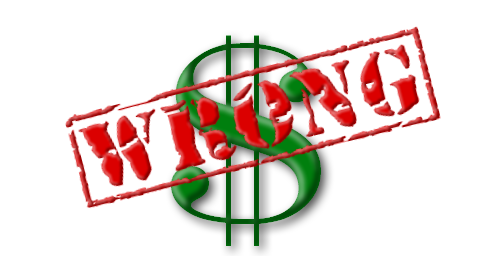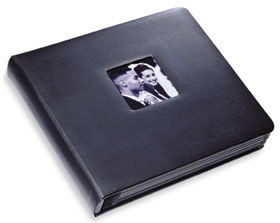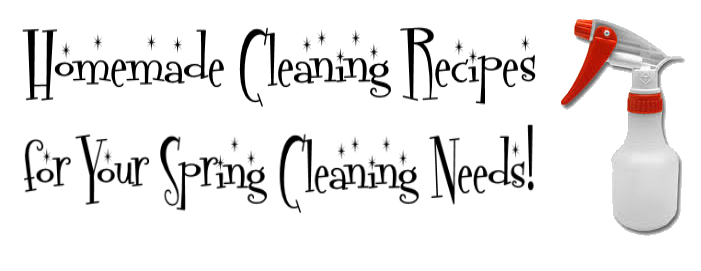
Money saving tips are all around us, from what we when, to how we buy, and when we buy it. But, how many of these money saving tips are true, and how many are costing you money?
Today, I’ll be exposing some of the money saving tips that aren’t always true. The following tips can actually be costing you money in the long run.
If it’s on sale, it’s a good deal!
You’ve probably said it a few times – “but, it was on SALE, so I got a good deal!” Unfortunately, this isn’t always true.
Take, for instance, items that you normally wouldn’t buy. It may be on sale for a great price, but in reality, if you normally wouldn’t buy it, you’re actually costing yourself money. On the contrary, if it’s simply a different brand of something you normally buy, and it’s cheaper than your brand, then by all means go for it!
Buying in bulk saves money.
*SIGH* I tell ya, if I had a dime…
This is one of the money saving tips that really irks me sometimes. The truth? Just because you get lots of something, doesn’t make it cheaper. This is especially true for perishable items, like produce that’s on sale 10 for $10. For one thing, there’s probably a reason it’s so cheap. Another thing – are you really going to use 10 heads of lettuce before it goes bad? The exception here would be perishable items on sale that you can mix and match to get a variety, or ones that ring up as just $1, regardless of how many you actually buy.
Non-perishable items, however, are sometimes good deals when you buy in bulk. This includes things like canned good and personal hygiene items. However, make sure that the bulk price is actually worth it first! Look at the per unit price of something and compare it to the per unit price at a couple of other places. You might find that the 12 count pack of toilet paper is actually cheaper at Walmart per roll than the 712 count pack of toilet paper at BJ’s.
Coupons are the only way to save big money on groceries.
This is one of those money saving tips that’s partly true, I think. Coupons are great, and they can save you loads of money.
However, sometimes this isn’t always true. Sometimes it may be less expensive to buy a generic brand instead. Also, if you have a coupon for something you normally wouldn’t buy, are you really saving any money if you use that coupon?
The exceptions to this are when you have a coupon for a product that you and your family use often. The other exception, of course, is coupons paired with store sales and other coupons that get you free or SUPER cheap products!
Cheaper is always better!
This is one of those money saving tips that I used to believe. Over the years, though, I’ve found that some items are super cheap for a reason.
This particularly pertains to items that will be used everyday and sometimes electronics. While scoring an off-brand tablet for $35 or a can opener for $1 feels great, there’s a good chance you’ll have to replace these super cheap items sooner rather than later. Sometimes it’s just better to spend a few extra bucks and invest in quality products that will last much longer.
The earlier I shop, the better deals I’ll get.
With hyped up “super-shopping” days like Black Friday and Cyber Monday, this is one of the most commonly believed money saving tips.
You can score good deals on some things if you buy early in the season or ahead of time. However, as a big event – like Christmas – approaches, you’ll find more and more stores slashing prices big time for a couple of reasons. First, in anticipation of last-minute shoppers (Guilty!) and to clear out old merchandise to make way for next year’s merchandise.
Never pay for groceries with a credit card.
This is one of those really tricky money saving tips that applies to some people in some situations.
Generally, I don’t recommend using a credit card to make purchase for everyday items like food. It can become to easy to just whip out the plastic whenever you need to pay for something, resulting in you going further into debt and paying more in interest.
However, (and this is a big “however”) if you’re RESPONSIBLE with your credit cards, then I don’t see any reason why you shouldn’t take advantage of the many rewards that some cards offer, like cash back. The Blue Cash Preferred® Card from American Express, for instance, gives you 6% cash back at U.S. supermarkets for up to $6,000 per year in purchases . A few things to keep in mind when using a credit card at a grocery store, though. First, always shop with a list and stick to the list. Also, always pay off your credit card balance before the due date each month to avoid paying interest. Finally, make sure you have enough money – in cash or in a checking account – to cover the cost of your shopping trip before whipping out your credit card.






